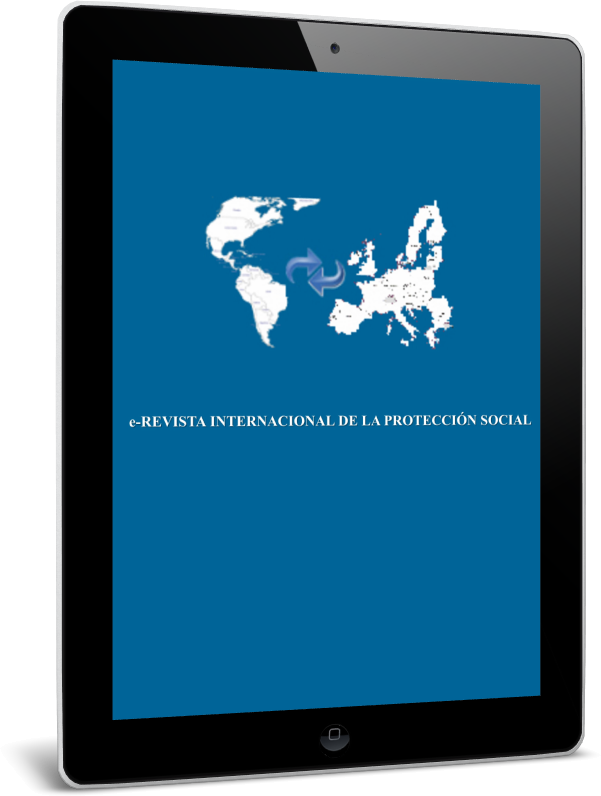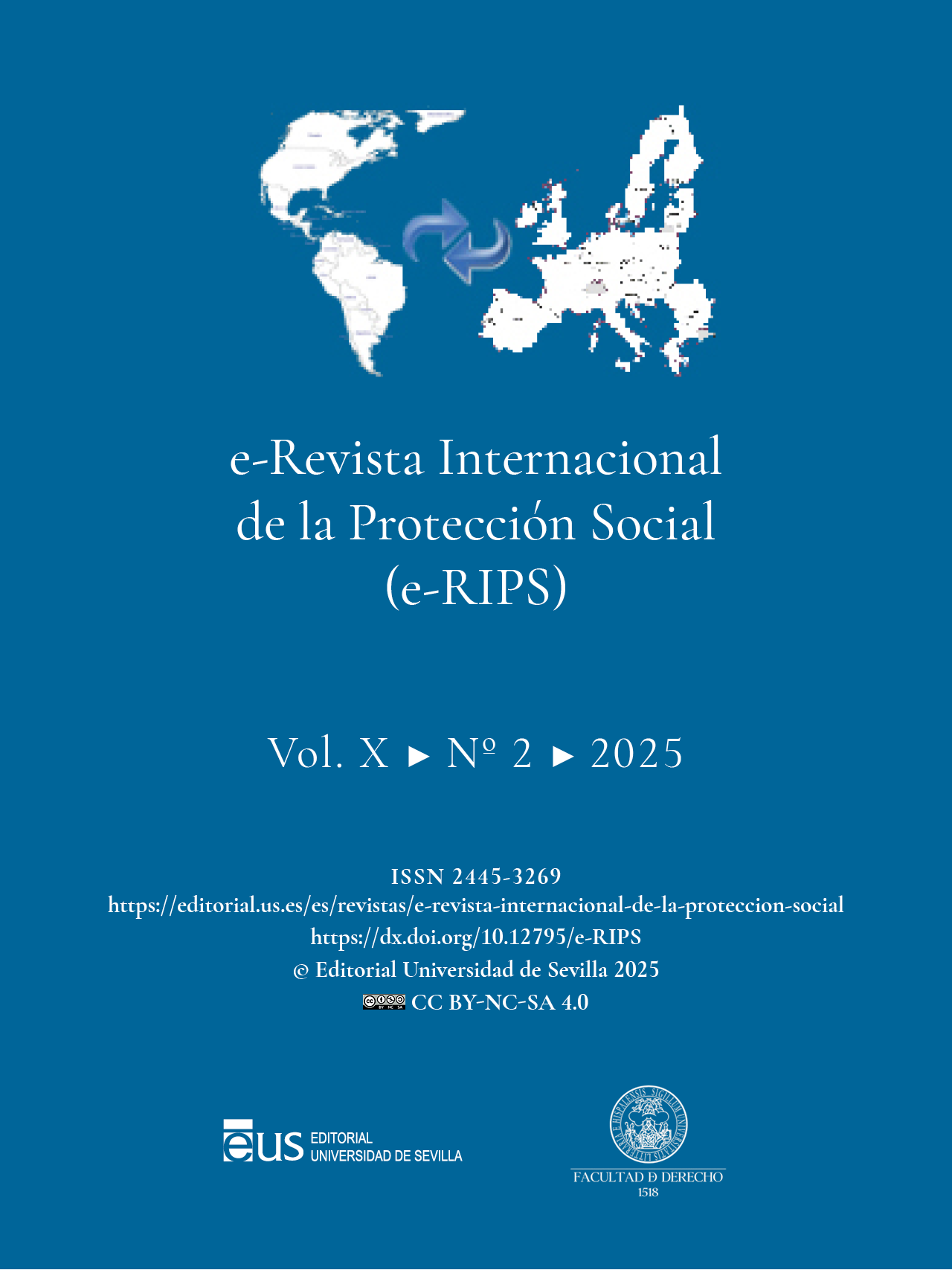PUBLICADO EL ÚLTIMO NÚMERO DE ERIPS. VOL 10. NÚM. 2 (2025)
Nos complace anunciar la publicación, a finales de diciembre, del Vol. 10 Núm. 2 (2025) de la e-Revista Internacional de la Protección Social, editada por la Universidad de Sevilla.
Esta nueva entrega es especialmente significativa, ya que la revista se estrena con el Sello de Calidad de la Fundación Española para la Ciencia y la Tecnología (FECYT), un reconocimiento a nuestro rigor y excelencia editorial. Queremos expresar nuestro más sincero agradecimiento a los autores, revisores y colaboradores que han participado en este número.
Les invitamos a descubrir y compartir los contenidos de este número en acceso abierto a través del siguiente enlace:
https://revistascientificas.us.es/index.php/erips/issue/view/1638
Leer más acerca de PUBLICADO EL ÚLTIMO NÚMERO DE ERIPS. VOL 10. NÚM. 2 (2025)











